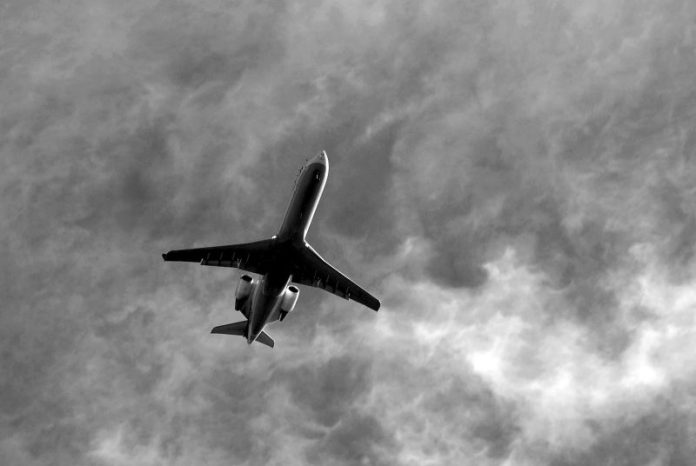
-
The Department of Energy is pushing for the use of sustainable aviation fuel to decarbonize the Philippine aviation sector
-
The agency is working to establish the framework and regulations to support adoption of SAF
The Department of Energy (DOE) is pushing decarbonization in the Philippine aviation sector with the use of sustainable aviation fuel (SAF).
Energy Undersecretary Alessandro Sales in a statement said the agency is working to establish the framework and regulations to support adoption of SAF, noting the agency’s “commitment to creating a sustainable aviation transport sector that will contribute to the broader national efforts towards a low-carbon future”.
SAF is an environmentally sustainable and chemically identical alternative to fossil fuel-based aviation fuel. It is already in use by some Philippine carriers, including Cebu Pacific.
RELATED READ: Cebu Pacific operates first commercial flight using sustainable aviation fuel
“The use of SAF is intended to reduce the carbon footprint associated with aviation operations. This alternative fuel source, derived from renewable feedstock, holds the potential to lower greenhouse gas emissions (GHG) while ensuring the highest safety and performance standard,” Sales said.
DOE said a potential feedstock for SAF in the Philippines is coconut oil, also used for biodiesel production.
The agency acknowledged international initiatives such as the Carbon Offsetting and Reduction Scheme for International Aviation (CORSIA) in industry decarbonization.
Established by the International Civil Aviation Organization (ICAO), CORSIA offers a “harmonized way” to reduce emissions from international aviation.
It allows the use of SAF derived from biomass or waste resources to reduce carbon offsetting requirements of airlines.
Based on CORSIA’s timetable, participating ICAO member states, including the Philippines, are mandated to comply with the CO2 off-setting requirements by 2024-2026. The mandatory compliance is set for 2027-2035.
In February 2023, a stakeholders’ meeting was held among the DOE, Civil Aviation Authority of the Philippines, Philippine National Oil Company, and the European Aviation Safety Agency to discuss the potential advantage of exploring SAF in the country in preparation for CORSIA compliance by 2027.
EASA has prepared a proposal for the SAF readiness evaluation for the Philippines, expected to be completed by end of 2023.




